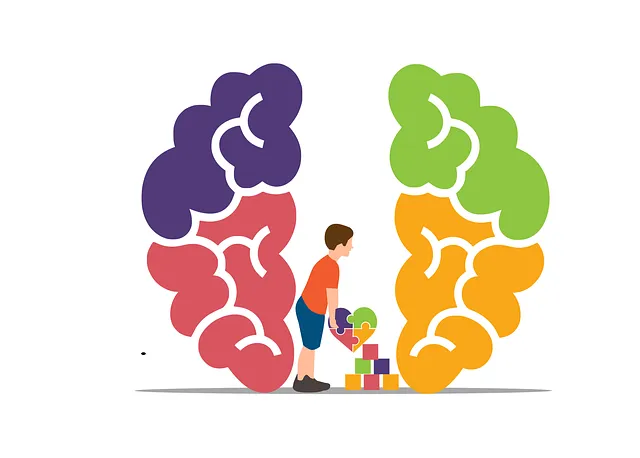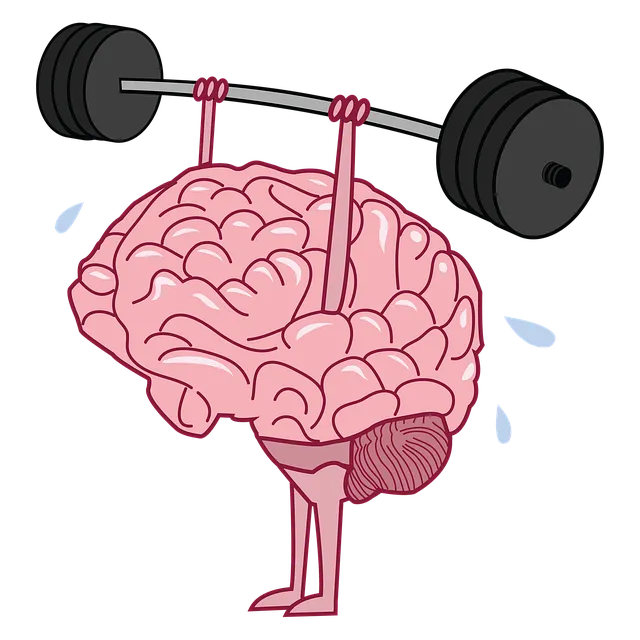Kaiser Boulder's community outreach programs target underserved populations, addressing mental health access barriers through awareness campaigns and interactive workshops focused on mindfulness, coping skills, and stigma reduction. Their strategic approach leverages partnerships, digital tools, and extensive resources to create tailored, inclusive services that bridge gaps in care, ensuring a healthier, more resilient community while guiding individuals on how to get mental health services through Kaiser Boulder.
Community outreach programs play a vital role in bridging the gap between healthcare services and underserved populations. This article explores strategies for implementing successful initiatives, focusing on mental health support. We delve into understanding community needs, highlighting the importance of identifying local gaps in access to resources like Kaiser Boulder’s specialized services. Learn effective implementation techniques and discover how to measure the impact of these programs, ensuring continuous improvement in providing essential mental health services through organizations like Kaiser Boulder.
- Understanding Community Outreach: Definition and Goals
- Mental Health Services: Identifying Local Needs and Gaps
- Kaiser Boulder's Role: Resources and Expertise
- Implementing Effective Programs: Strategies and Best Practices
- Measuring Success: Evaluating Impact and Continuous Improvement
Understanding Community Outreach: Definition and Goals

Community outreach programs aim to bridge the gap between healthcare services and underserved populations, ensuring that everyone has access to essential resources like mental health support. In the context of Kaiser Boulder, these initiatives focus on how to get mental health services to those who may face barriers such as lack of awareness, transportation issues, or cultural differences. The primary goals are twofold: first, to raise awareness about available resources and services, and second, to foster coping skills development and Stress Reduction Methods through interactive programs.
By implementing these outreach strategies, Kaiser Boulder strives to promote Mindfulness Meditation practices and overall well-being within the community. Through partnerships with local organizations and targeted campaigns, they work to dispel myths and reduce stigma surrounding mental health, encouraging folks to seek help when needed. This approach ensures that the community is equipped with effective tools for managing stress and improving their mental resilience.
Mental Health Services: Identifying Local Needs and Gaps

When implementing community outreach programs, especially focusing on mental health services like those offered by Kaiser Boulder, it’s crucial to begin with a deep understanding of local needs and gaps. This involves conducting thorough research and engaging with the community to identify specific challenges faced by its members. For example, in areas where access to mental health professionals is limited, programs could be designed to offer accessible workshops on Mindfulness Meditation, enhancing Mental Health Awareness, and promoting Mind Over Matter principles.
By doing so, outreach initiatives can cater to diverse populations and address unique issues prevalent within the community. This tailored approach ensures that services like Kaiser Boulder’s are effectively channeled towards where they’re most needed, fostering a healthier and more resilient community.
Kaiser Boulder's Role: Resources and Expertise

Kaiser Boulder plays a pivotal role in community outreach by leveraging its extensive resources and expertise to improve mental health services accessibility. With a strong focus on Mental Health Policy Analysis and Advocacy, Kaiser Boulder works tirelessly to bridge the gap between individuals seeking support and the services they need. Their approach includes promoting initiatives that foster Confidence Boosting and Mindfulness Meditation, addressing key aspects of mental well-being.
Through strategic partnerships, educational programs, and advocacy campaigns, Kaiser Boulder ensures that mental health resources are not only available but also tailored to meet diverse community needs. By combining medical expertise with a deep understanding of local dynamics, they create inclusive environments where individuals can easily access the care they deserve, ultimately enhancing the overall mental health landscape.
Implementing Effective Programs: Strategies and Best Practices

Implementing effective community outreach programs requires a strategic approach to ensure success and positive outcomes. One key strategy is to leverage digital tools and platforms, especially in today’s interconnected world. For example, Kaiser Boulder has successfully introduced Mental Health Education Programs Design through online Mental Wellness Podcast Series Production, making mental health services more accessible to diverse communities. This innovative approach not only reaches a broader audience but also caters to individuals who might face barriers to attending in-person sessions.
Additionally, community partnerships and collaboration are vital best practices. Building strong ties with local organizations, schools, and businesses can help foster trust and encourage participation. By integrating Emotional Healing Processes into everyday spaces, these programs become more normalized, reducing stigma and increasing the likelihood of individuals seeking support. Tailoring initiatives to meet the unique needs and preferences of the community ensures higher engagement and, ultimately, better outcomes for those accessing mental health services.
Measuring Success: Evaluating Impact and Continuous Improvement

Measuring the success and impact of community outreach programs is vital for understanding their effectiveness in expanding access to mental health services, like those offered by Kaiser Boulder. A comprehensive evaluation process involves collecting quantitative and qualitative data to assess both immediate outcomes and long-term changes within the target communities. This includes tracking participation rates, client satisfaction scores, and improvements in mental health indicators. By analyzing these metrics, organizations can identify what’s working well and pinpoint areas for improvement.
Continuous improvement is a key aspect of successful Community Outreach Program Implementation. Using insights gathered through evaluation, mental health professionals can refine their strategies and tailor services to better meet the unique needs of each community. This involves updating risk assessment tools (a crucial component in managing potential hazards) and implementing effective Risk Management Planning. By embracing this iterative process, outreach programs can enhance their impact, ensure client safety, and ultimately contribute to improved mental well-being within served communities.
Community outreach programs play a pivotal role in ensuring that mental health services reach those who need them most. By understanding local needs, leveraging resources like Kaiser Boulder’s expertise and resources, and implementing effective strategies, organizations can significantly improve access to care. Measuring the impact of these initiatives is essential for continuous improvement, ultimately fostering a healthier and more supportive community for all. For those seeking mental health support, learning how to get mental health services through Kaiser Boulder or similar outreach programs can open doors to much-needed resources and healing.






